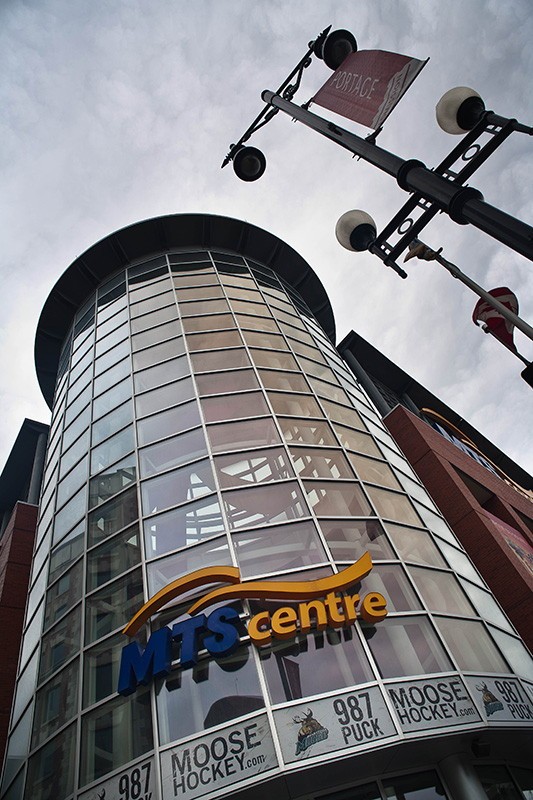Centre Venture leaves downtown residents out to dry
SHED development plan sells Winnipeg short
Once a month I climb the stairs, in a bleary-eyed early morning state, to the University of Winnipeg’s dark CKUW radio studio to participate in a civic affairs panel with the far more alert Christina Maes Nino of the Social Planning Council and Trevor Greyeyes, a local freelance writer.
In the last installment of this modest campus radio program, Nino - a young policy analyst who has worked in several Canadian cities - brought up the perceived tension between two halves of Winnipeg.
On the one hand, there is a city that values population density, sound urban planning and a burgeoning arts and culture scene. On the other, there is a city plagued by monolithic sprawl, an addiction to mega-projects and a political environment complicit in the proliferation of these phenomena.
But this tension need not exist.
Winnipeg can have the Canadian Museum of Human Rights, the MTS Centre, Investor’s Group field, smooth lanes around Polo Park and an expanded Winnipeg Convention Centre, all the while increasing residential development and commercial diversity in the core area.
Whether through the introduction of sound zoning policies or the creation of financial conditions beneficial to private enterprise, governments can help plan and build dynamic cities.
Why not in Winnipeg?
The answer to that question is undeniably complex. However, arms-length public development firm Centre Venture has become a good place to start.
Over the years, The Uniter has reported at length about Centre Venture’s activities, whether it be a modest increase in their administrative budget, development along Donald Street, or the purchase of the St. Regis hotel beverage room.
And, during that time, the mandate of the organization has become rather simple, even simplistic.
Working with various downtown development stakeholders, Centre Venture seeks to implement a Sports, Hospitality and Entertainment District (SHED) downtown development plan.
This area, comprising 11 city blocks on Portage Avenue or in its vicinity, will be dedicated largely to attracting suburbanites and tourists to the core area for concerts, Jets games and Convention Centre trade shows.
Property tax money raised within this SHED zone will then be funnelled back into the area through a tax increment financing scheme with direct involvement by Centre Venture. In short, the SHED will restrict the number and diversity of uses seen on downtown streets.
This will have some larger benefits in bringing people and cash to the area, but it does little to increase population density and is already leaving current downtown residents out to dry.
“ By forcing Winnipeg to choose between a mandated entertainment zone and a densely populated downtown with a variety of commercial uses and services, they are holding the city back and selling it short.
In a recent column for the Winnipeg Free Press, downtown resident Bob Roddy of the Fred Douglas Place Residents Association, argued downtown Winnipeg has become a “dust bowl” that lacks essential services - from diners to grocery stores - for neighbourhood residents.
Over multiple attempts to raise the alarm at City Hall, he wrote, the residents’ association has been exposed to “a cloud of hidden agendas, masked digression, and lack of fundamental comprehensibility in regard to downtown sustainability and future planning.”
Shortly after the article was published in the Free Press, Centre Ventre CEO Ross McGowan, as if to add insult to injury, speculated about relocating the Ellice Avenue liquor commission - one of the few services for area residents - in order to reduce public intoxication.
One would think the head of a downtown development firm would be a lot more interested in increasing service provision and opening businesses, rather than shutting them down.
In this sense, Centre Venture and McGowan embody the unhealthy Winnipeg paradox described above.
By forcing Winnipeg to choose between a mandated entertainment zone and a densely populated downtown with a variety of commercial uses and services, they are holding the city back and selling it short.
Ethan Cabel is The Uniter’s news assignment editor and a politics student at the University of Winnipeg.
Published in Volume 67, Number 20 of The Uniter (February 21, 2013)








